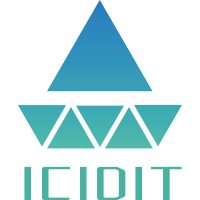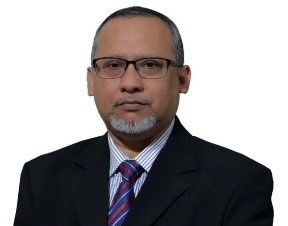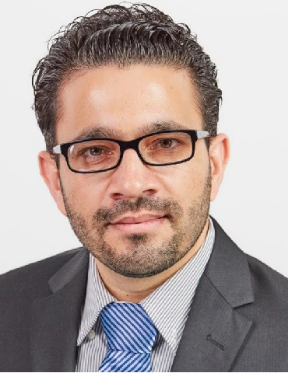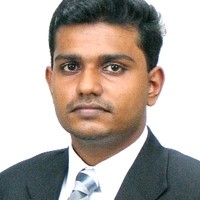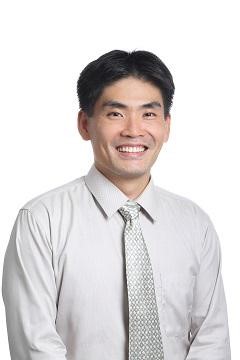
Prof. CHIN Cheng Siong Newcastle University, Singapore
Research Area:1.Industrial Digitalization, Predictive Analytics (predictive modelling and machine learning); 2.Marine Electrical Systems and Vehicles, Energy Storage Systems; 3.Acoustic Scene Classification, Sound Event Detection, Acoustic Enclosures Research experience: Dr Cheng Siong Chin is a Chair Professor in Intelligent Systems Modelling and Simulation at Newcastle University and an Adjunct Professor at Chongqing University, School of Automotive Engineering. He received his Ph.D. in Applied Control Engineering at Research Robotics Centre at Nanyang Technological University (NTU) in 2008 and his M.Sc. (Distinction) in Advanced Control and Systems Engineering from The University of Manchester in 2001. He also received a B.Eng. (Hons) degree in Mechanical and Production Engineering from Nanyang Technological University (NTU) in 2000. Before moving into academia, he worked in the consumer electronics industry for a few years. He obtained 6 Economic Development Board (EDB)-Industrial Postgraduate Programme (IPP) and 2 Singapore Maritime Institute (SMI) grants from the Singapore government in intelligent systems design, simulation, and predictive analytics as a PI and Co-PI. He has obtained more than 150 publications, 5 authored books, 2 Singapore Patent Applications, and 3 US Patents. He also received DCASE2019 Judges' Award in IEEE AASP Challenge on DCASE2019. He is an Associate Editor for IEEE Access Journal, Applied Artificial Intelligence, IEEE Transportation Electrification Community (TEC) eNewsletter, and editorial board member of Electronics. He has served as General Chair, Keynote Speaker, Session Chair, and Technical Committee at numerous international conference
Title: Creating Smart Solutions: Designing Intelligent System Abstract: In today's rapidly evolving world, the demand for smart solutions has never been greater. From automating routine tasks to optimizing complex processes, intelligent systems are reshaping industries and improving lives. Designing these smart solutions requires careful integration of cutting-edge technologies and innovative ideas. The first step in designing intelligent systems is to clearly understand the problem at hand. Intelligent systems rely heavily on data. Quality and quantity of data are essential for training and fine-tuning machine learning models. The success of intelligent systems largely depends on the technologies chosen to build them. Artificial Intelligence (AI) and Machine Learning (ML) are key components in developing intelligent systems. Training an intelligent system involves feeding it with labelled data, allowing it to learn patterns and make predictions or decisions. Many intelligent systems operate in real-time environments, requiring them to handle continuous data streams and respond quickly. Designers must consider how end-users will interact with the intelligent system. A well-designed user interface or conversational interface can significantly enhance user experience and adoption. Intelligent systems should be designed to scale as demand increases. The ability to handle large datasets, high user concurrency, and system resilience are crucial factors to consider during the design phase. The process of designing intelligent systems doesn't end with deployment. Continuous improvement and maintenance are vital to adapt to evolving user needs and data patterns. Hence, designing intelligent systems involves a multidisciplinary approach that combines data science, AI/ML, software engineering, and human-centered design principles. By understanding the problem domain, choosing the right technologies, ensuring security and scalability, and focusing on user experience, designers can create smart solutions that have a profound impact on society and drive us toward a more connected and intelligent future. A few examples of smart solutions will be given for areas in acoustics.
|
